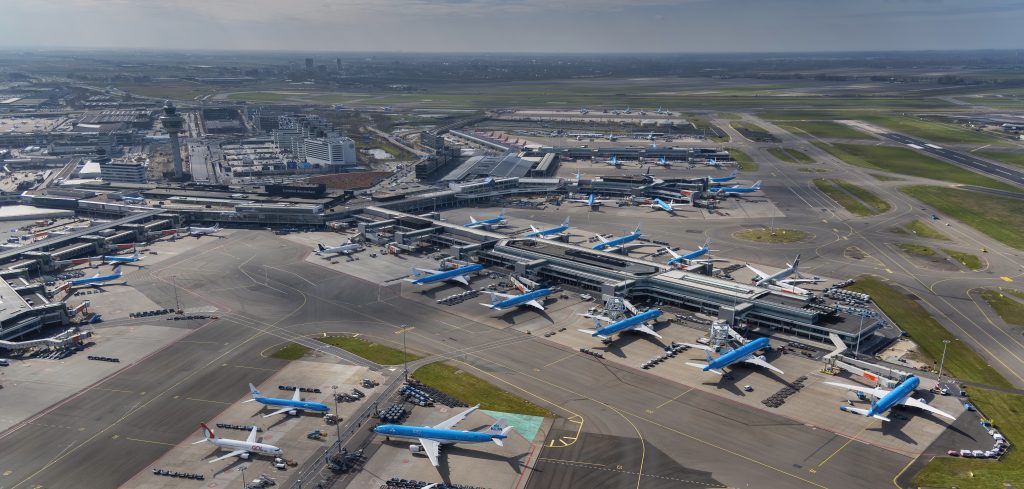While airlines have received government support during the pandemic, airports have not, leaving them having to look at alternative ways of funding. Ian Twinn, manager of Global Transport at International Finance Corporation (IFC), says this is partly because airports are less visible and the employment base more diffuse, but also because they are perceived to be more stable businesses with commercial financing generally remaining available to them during the crisis. “By contrast, many commercial financiers have stepped back from the more volatile airline sector, and particularly from aircraft financing,” he explains.
Support also varies globally. In the USA, US$25bn was approved for the airline industry in April 2020 as part of the Coronavirus Aid, Relief, and Economic Security (CARES) Act, says Twinn, and a further US$10bn was added for airport operations. “In Europe, the approach has varied,” he explains. “In the UK, the government has declined to offer direct sector support as the Treasury has encouraged other commercial alternatives.”
Charlie Cornish, CEO of Manchester Airports Group (MAG), has publicly criticized this lack of help and in November said an urgent package of support must materialize. “Tens of thousands of jobs have already been lost across the industry as a result of the situation we find ourselves in. Much of this could have been avoided had the government followed through on its promise of a targeted support package for our sector,” he said.
Other countries have done better, according to Twinn. “In Asia, one example that stands out is Singapore, which passed a stabilization and support package for the aviation sector that provides support to airlines and support to Changi Airport,” he says.
Liquidity mechanisms
René Armas Maes, VP commercial and regional partner at MIDAS Aviation, an aviation consulting firm, agrees that help has been limited: “Few governments have expressed, thus far, interest to financially support airports and the reason could be that many among them have scarce financial resources. However, more recently, the governments of both Canada and Germany have mentioned that they are discussing potential monetary aid to their airports in order to preserve infrastructure and jobs.”
Maes says that airports need to look to two liquidity mechanisms to raise cash, including private and public financing sources. In the first, he says there are several methods to consider. “Airports can extend existing lines of credit as well as new credit lines to build extra financial robustness. New shares and mandatory convertible bonds can be issued.”
In the public sector he says airports need to consider everything from government grants and subsidies to government secured financing, loans and bank guarantees.
In September, Vancouver International Airport (YVR) announced C$600m (US$463m) debentures placement. “This latest debenture issuance will ensure we can focus our efforts on returning YVR to expanded service levels in a safe and efficient manner, and get back to generating revenue, supporting local businesses and the region,” said Tamara Vrooman, president and CEO of Vancouver Airport Authority at the time.
Five ways airports can improve their financial resilience
- Reduce operating costs through diminished service hours or consolidating terminal use and security checkpoints.
- Furlough staff or otherwise reduce staff expenses.
- Delay capex commitments, where possible, while considering safety and concession/other obligations.
- Rebalance public-private partnership (PPP) contracts – one target could be to extend the life of the concession to ensure adequate payback time for the airport; another could be to reduce taxes (Colombia has done this recently) and reduce the scope of services/works to be delivered. But it is important that the contracts can be revisited, as data will change as the crisis evolves.
- Potentially, tap sources of working capital/liquidity facilities or seek either government aid or financial support from existing or new investors.
For more information on how airports can diversify their services to ensure financial resilience during the Covid-19 pandemic, read Survival Skills on page 22 of Passenger Terminal World January 2021. Click here for the online version


